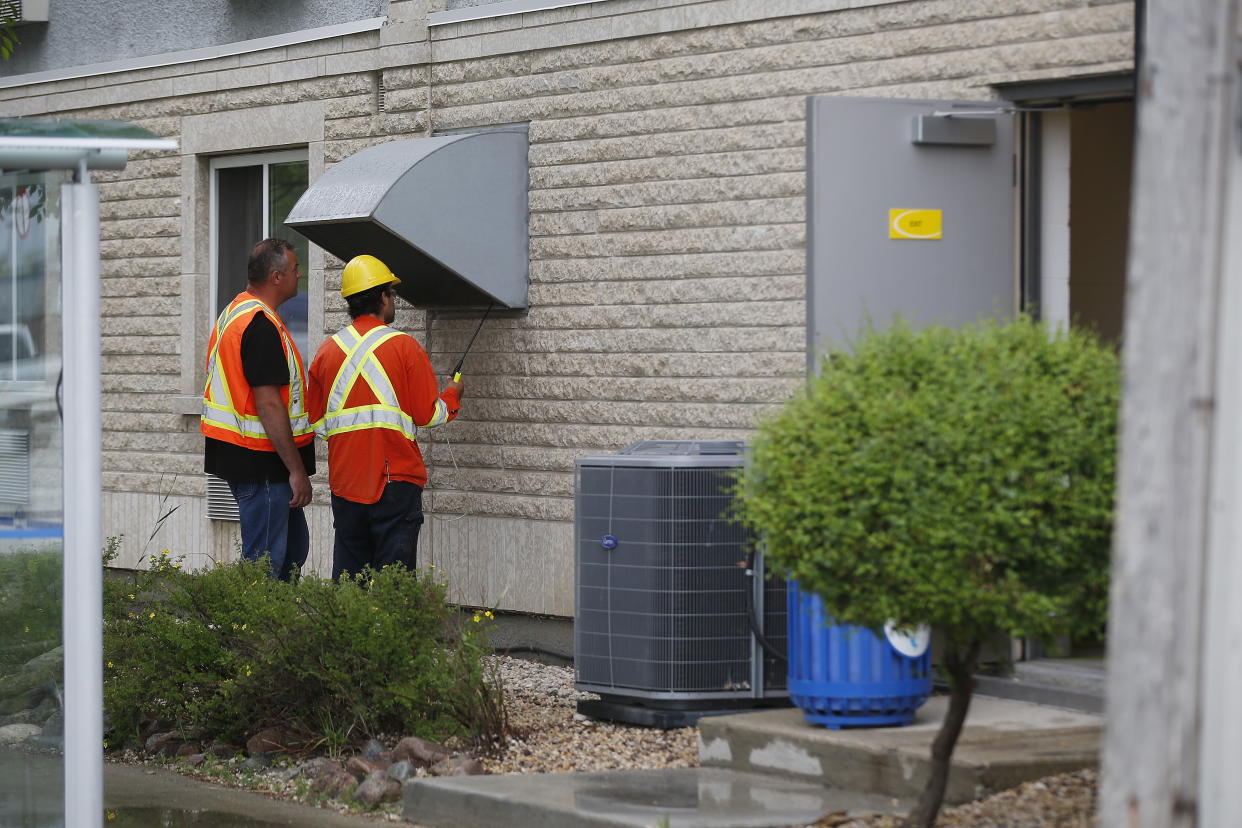Carbon monoxide danger while travelling: How to minimize it happening to you

A carbon monoxide leak at a Winnipeg motel earlier this week sent 46 people to the hospital. While some of the guests at the Super 8 motel were listed in critical conditions, there were ultimately no deaths or serious injuries as a result of the leak. The incident is a stark reminder of the potential dangers that arise when staying somewhere unfamiliar.
So what can travellers do to make sure their accommodations are secure and meet safety regulations?
Travel expert Barry Choi says when booking an Airbnb, it’s valid to ask the host if they have working smoke and carbon monoxide detectors, especially if this feature isn’t listed on their online profile. Then, it’s up to you to determine if they’re telling the truth.
“They’re going to say ‘yes of course,’ so the big thing is if you can verify it,” he tells Yahoo Canada. “There’s a certain amount of trust when you’re going the Airbnb, vacation property route.”
Hotels and building codes
When it comes to hotels, strict building codes and safety measures like fire alarm testing must be met in order to operate. This can give travellers some peace of mind.
The Super 8 in Winnipeg had a working carbon monoxide tester in place, which can be credited for alerting guests before the situation got more dire.
“They had the testers in place and were able to alert everyone and evacuate them before anything more serious happened,” says Choi. “The security measures were in place.”
Bring your own tester
For nervous travellers who want to use extra precaution, Choi suggests carrying a portable carbon monoxide tester.
“You can get one for travel, as opposed to the ones you put on your ceiling,” he says. “So if you want to be extra cautious, you can pack your own. If it helps you sleep better at night, there’s nothing wrong with that”
Evacuating safely
When it comes to staying in new accommodations, the most important thing is to figure out where the closest exit is in case of an emergency. Travellers staying at Airbnbs can ask their host about the number of working exits in a building.
“If there’s a fire or high carbon monoxide levels, do you know how to get out quickly,” says Choi. “At hotels there are signs posted. At an Airbnb, it’s important to figure out how you’d get out.”


